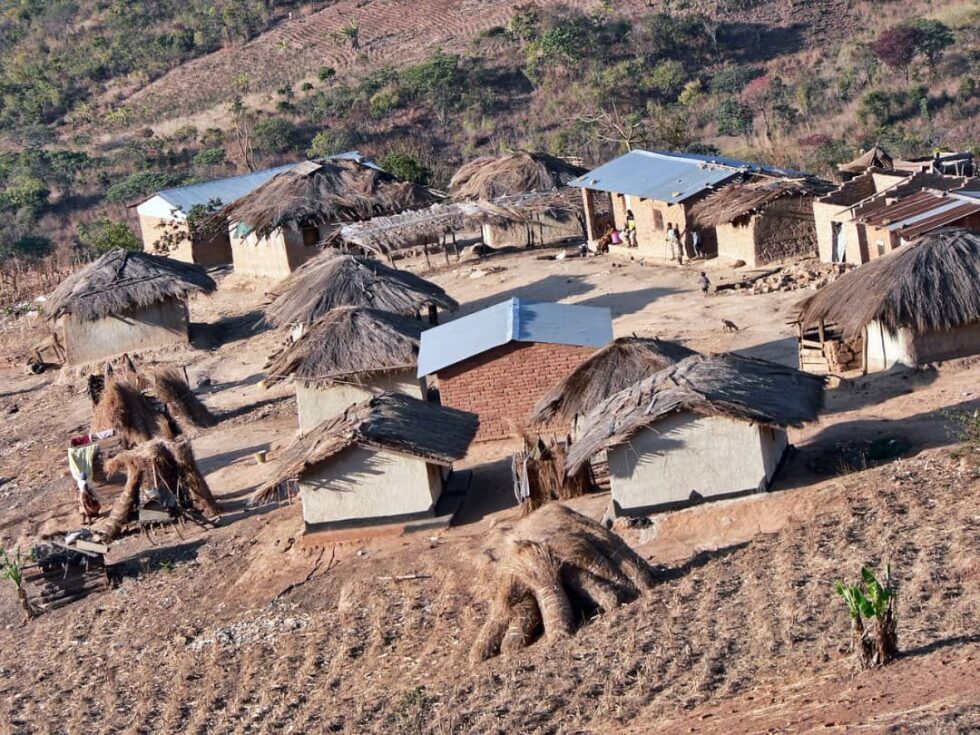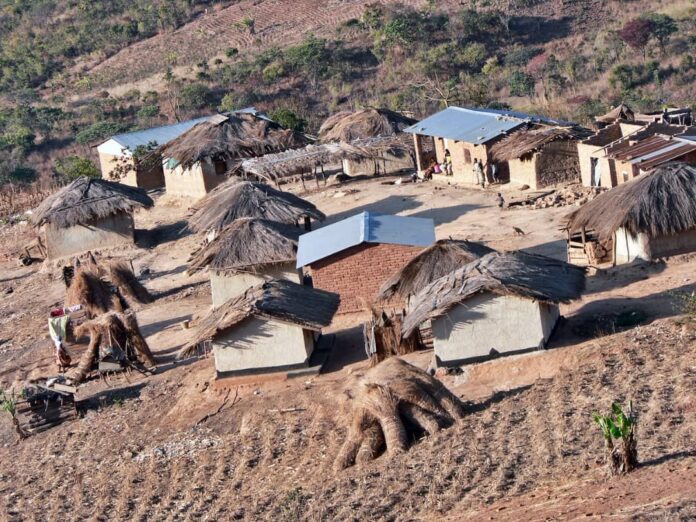By Burnett Munthali
Rural voters form the backbone of Malawi’s electoral system, yet their voices often fade into silence after the final vote is cast.
According to the 2018 Malawi Population and Housing Census, approximately 83% of Malawians live in rural areas, making them a dominant force during every election cycle.

Politicians frequently trek across villages, dusty roads, and trading centers during campaigns, promising development, clean water, better schools, and farming subsidies.
Yet, once elections are over and power is secured, rural concerns are quickly replaced with urban priorities and political calculations.
This recurring pattern raises a critical question: Do rural voices truly influence national policy post-election?
Take the agricultural sector, for example, which employs over 70% of the population and is largely driven by smallholder farmers in rural areas.
Year after year, political parties pledge to improve fertilizer access and boost extension services.
However, implementation often falls short.
In the 2023/2024 growing season, over 1.5 million farming households were affected by delays and shortages in the Affordable Inputs Programme (AIP), according to the Ministry of Agriculture.
The program, designed to assist rural farmers, has instead become synonymous with mismanagement and corruption scandals.
Meanwhile, rural roads remain largely impassable, with only about 26% of Malawi’s road network paved, according to the Roads Authority.
This affects rural access to markets, health facilities, and education—issues that politicians love to highlight during campaigns but rarely prioritize once in office.
Healthcare is another area where rural voices are overlooked.
Despite Malawi’s stated commitment to Universal Health Coverage, rural health posts are chronically understaffed, under-equipped, or simply nonexistent.
A 2021 report by the Ministry of Health showed that rural areas have one health worker for every 2,000 people, far below the WHO-recommended ratio of 1:1,000.
Similarly, in education, rural schools still suffer from high pupil-to-teacher ratios, lack of teaching materials, and deteriorating infrastructure.
The 2019 Education Management Information System (EMIS) report revealed that rural primary schools have an average classroom-pupil ratio of 1:103, making quality education a dream for most village children.
Yet these same schools are the sites where political leaders often go to cast their votes and declare victory.
Why, then, do rural voters keep electing leaders who forget them?
One reason may be lack of political alternatives.
With most political parties headquartered in urban centers and focused on elite networks, rural communities often vote based on long-standing loyalties, patronage, or regional identity rather than policy.
Another factor is limited access to information.
While radio remains a key medium, less than 15% of rural households have access to television or internet, according to MACRA’s 2022 ICT Access Report.
This reduces the ability of rural voters to critically evaluate campaign promises or hold leaders accountable.
Civil society organizations and media outlets also tend to concentrate in urban areas, leaving rural voices underrepresented in national dialogue.
This results in policy debates that are detached from the lived realities of most Malawians.
If Malawi is to become a truly inclusive democracy, the country must move beyond token engagement with rural communities during elections.
It must institutionalize rural priorities into the national development agenda—year-round, not just during campaign season.
Rural councils must be empowered to demand services, and budget allocations should reflect the population demographics.
Digital access, civic education, and decentralized governance should be scaled up to ensure that rural voices do not end at the ballot box.
In conclusion, rural voters matter—not just as numbers to win elections, but as citizens whose daily struggles and aspirations must shape the national agenda.
The 2025 election should not merely be about rally crowds and vote counts in rural constituencies.
It should be about listening, delivering, and transforming rural lives in meaningful and measurable ways.
If political leaders ignore this, they do so at the peril of national development—and at the cost of their own legitimacy.



